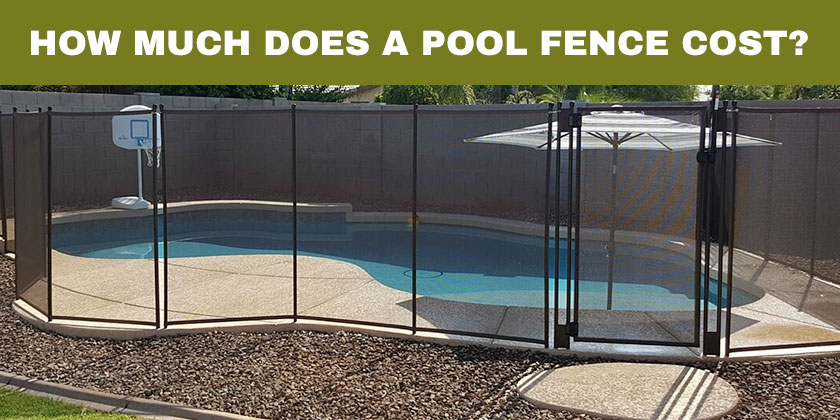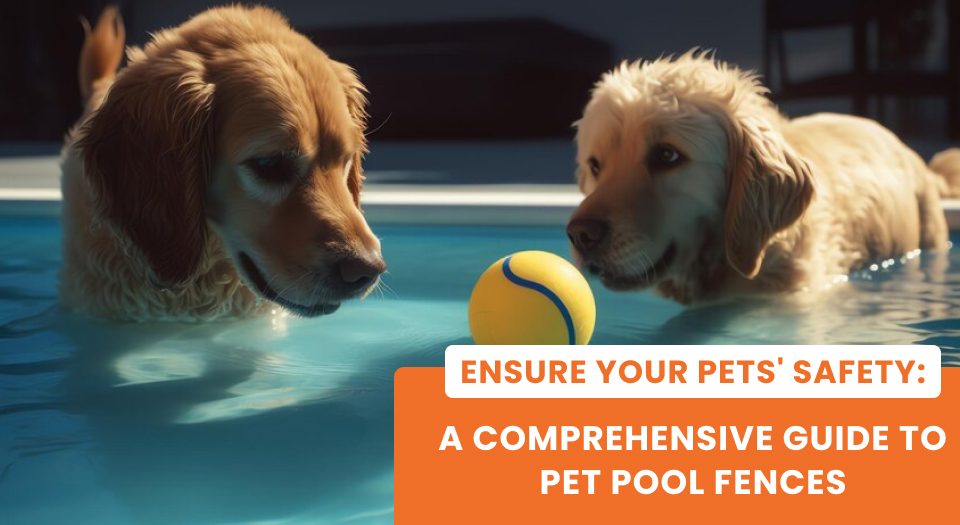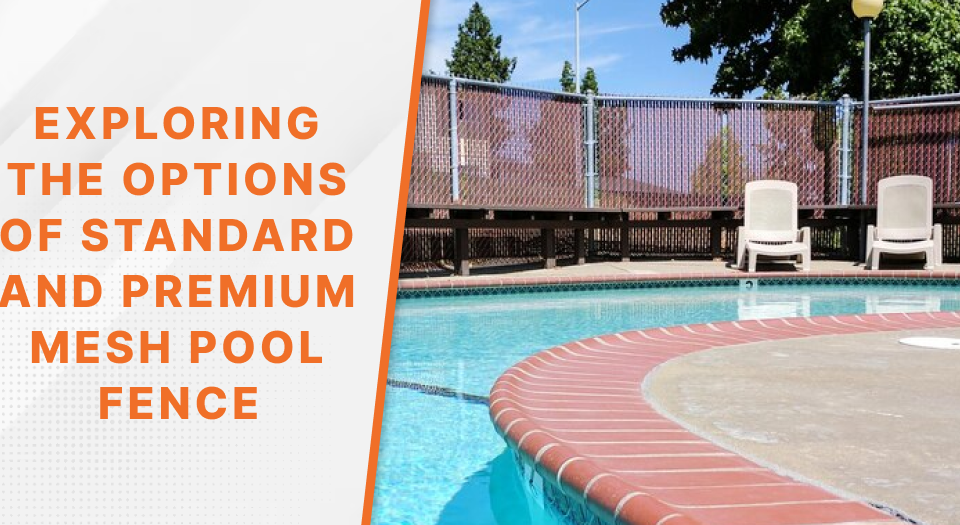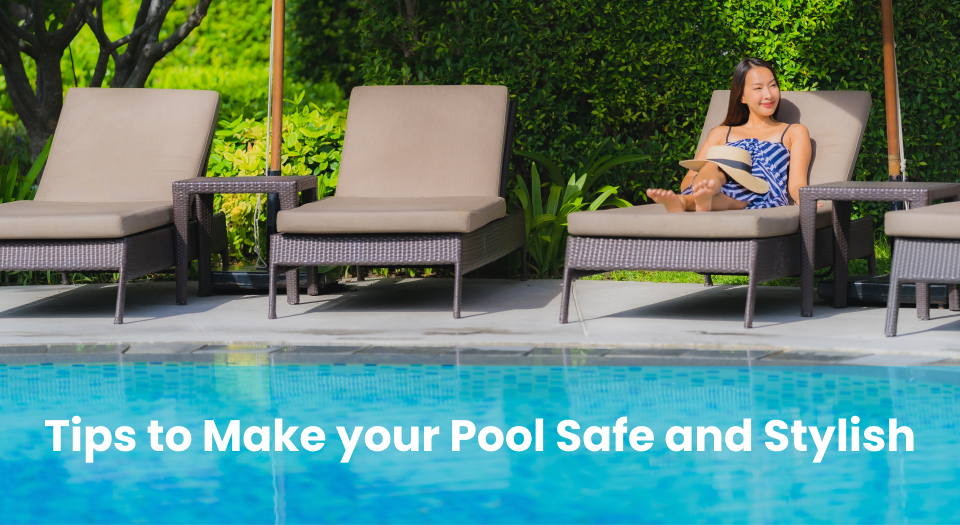
Swimming Safety Tips During The COVID-19 Pandemic
April 10, 2020
How Much Does A Pool Fence Installation Costs?
May 2, 2020Having a pool in your rental property has its benefits, but you also need to be aware of its potential hazards. What if someone gets injured while using your pool? Being an owner you’ll be liable for the accident.
So if you’re planning to rent out your house with a swimming pool, here are some things that you must consider:
#1. Pool fences, gates, and doors are in place
Don’t assume that your tenants know everything about swimming pools and their safety measures. Prepare your pool as if the people renting your house having zero experience with the pools.
- Secure your swimming pool with the strongest pool fence before renting it out. Pool fences add an extra layer of protection around your swimming pool. Install a pool fence that is at least 4 feet tall. You can contact Life Saver’s Pool Fence dealers to install pool fencing.
- Whether you’ve got an above ground pool or in-ground pool, install self-closing, self-latching gates to block entry to the pool of kids and pets. The self-latching gates provide extra protection as kids won’t be able to open them without the help of adults.
- Install pool door alarms on the doors that offer access to the swimming area. These alarms will sound an alert if someone opens the swimming pool door.
- Install anti-entrapment safety covers on drains. Drains have powerful suction that can cause injury or death to children, adults, and pets.
#2. Maintain the pool
As a landlord, you should take effective measures for the maintenance of the swimming pool. Inform your tenants about the problems they might experience with a pool over time. Don’t forget to share the safety measures with them. Ask your tenants to sign a pool waiver liability form for your rental property. In this case, your tenant will be responsible for maintenance and repairs of the pool, if anything breaks. Otherwise, you can be held liable for injuries related to the pool, specifically:
- Failure to maintain the pool
- Failure to repair the pool on time
- Accidents caused due to failure of maintenance or repair of pool
- Accidents that are foreseeable but weren’t prevented (such as a slippery surface)
#3. Post swimming pool rule signs for use
Safety signs marked around the swimming pool plays a vital role in preventing accidents and injuries. The safety signs around the pool should include if users must know how to swim, children must be supervised, pool safety cover control, emergency pump shut off, and more. Make sure the signs are properly readable and posted around the pool area. Also keep rescue equipment (such as rescue tubes, rope, and rings, etc.) near the pool, where they’re visible and easily accessible in case of an emergency.
#4. Include a pool addendum in your lease
To be on the safer side, we recommend you draft a pool addendum for your rental property that mentions the rules for tenants to use a swimming pool. Some of the points that your addendum includes are:
- The tenants will use the pool at their own risk and they will be responsible for maintaining the pool according to the rules in the lease.
- The tenant will inform the landlord if any repairs are required to the pool, pool area, or safety equipment (fence, rescue equipment, drains, alarms, etc.).
- The tenant will keep the pool fence and gates secure all the time.
Share manufacturer’s instructions with your tenants and have them agree to comply with the instructions and pool rules when in the pool area. In a pool addendum, you should also include who’ll pay for the pool damages and what if the tenant breaks the lease terms. You can contact a legal professional to customize your lease agreement in compliance with local laws. Make sure that your tenant reads and sign a lease, including all related addenda like a pool liability waiver for your rental property. Also, ensure to keep a copy for your records and hand over one copy of the lease to your tenant.
#5. Consider additional pool insurance
Before renting out a house with a swimming pool, consult with an insurance agent for pool insurance. Remember, your pool insurance policy will only be valid if you’ve followed all the safety measures (such as posted pool safety signs, installed a fence, and provided safety equipment, etc.) at your rental property.
If you have experienced renting out your home or property that has a pool, we’d love to hear your thoughts and ideas of what and what not to do.




